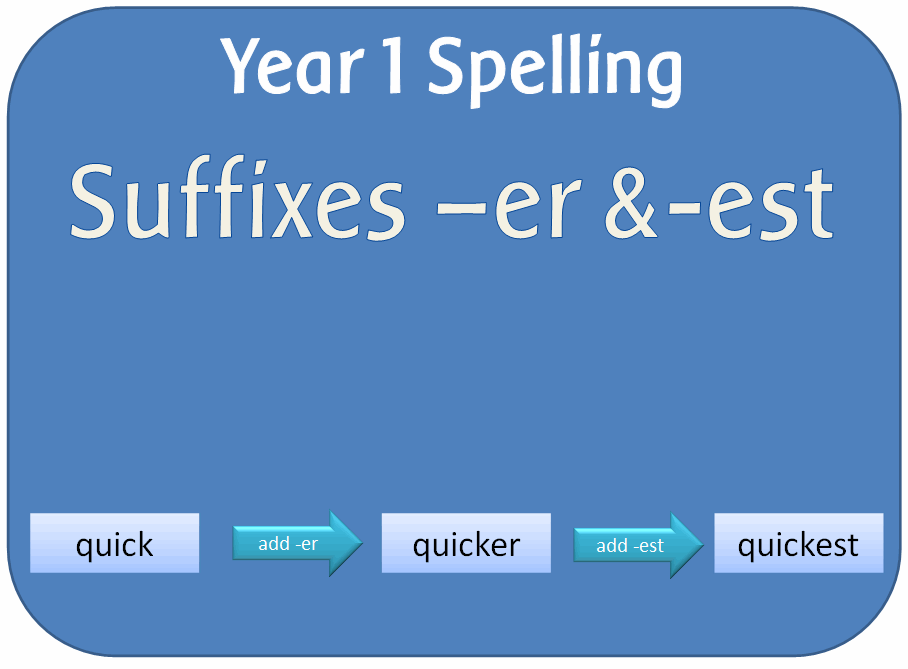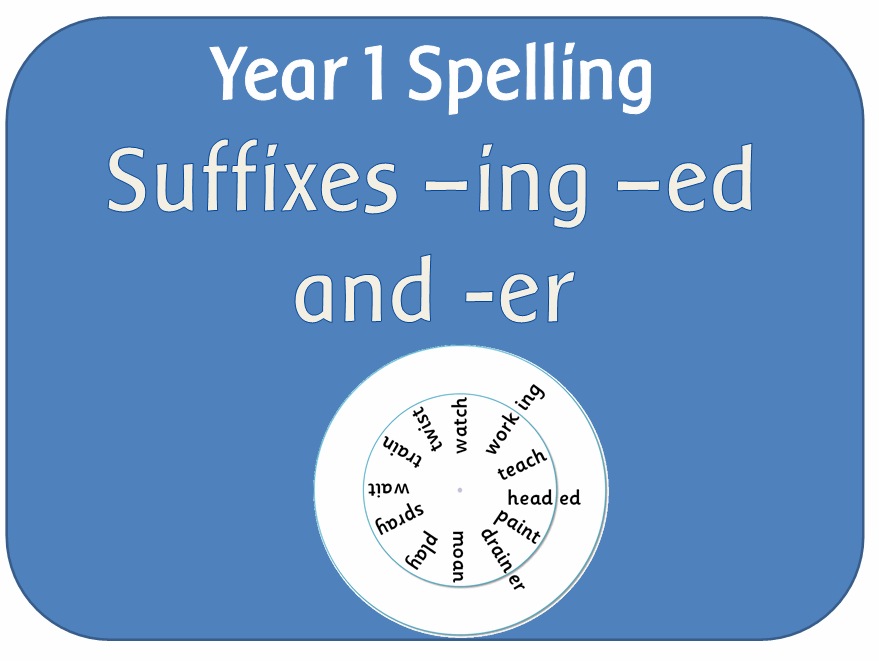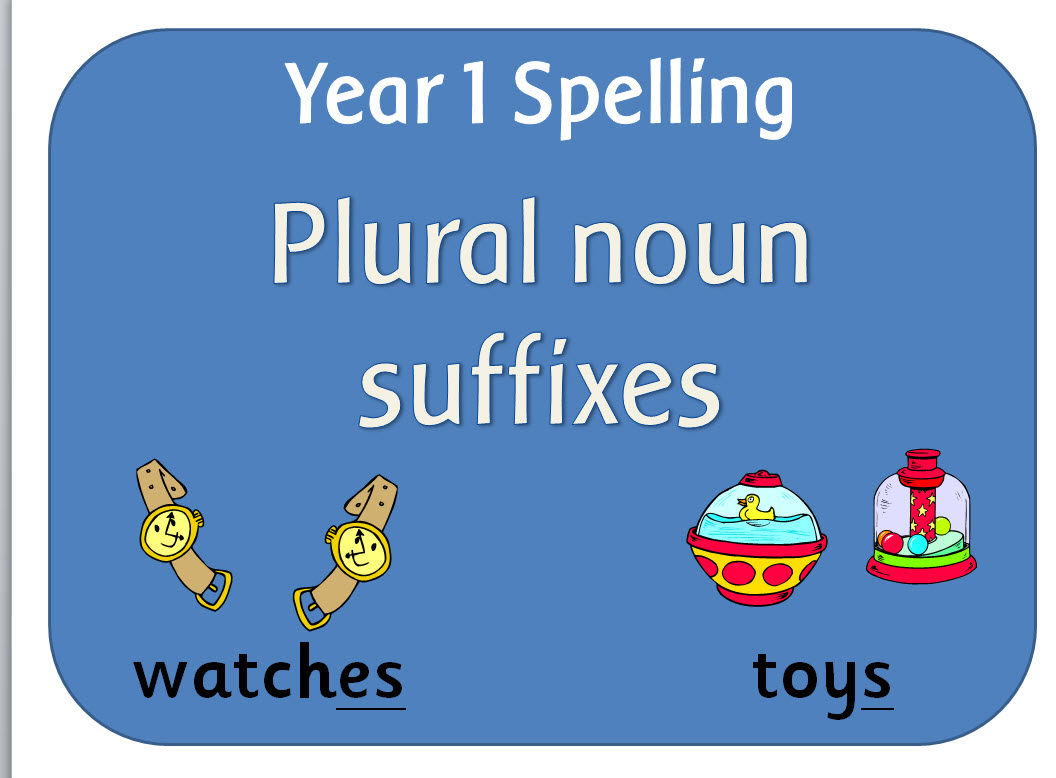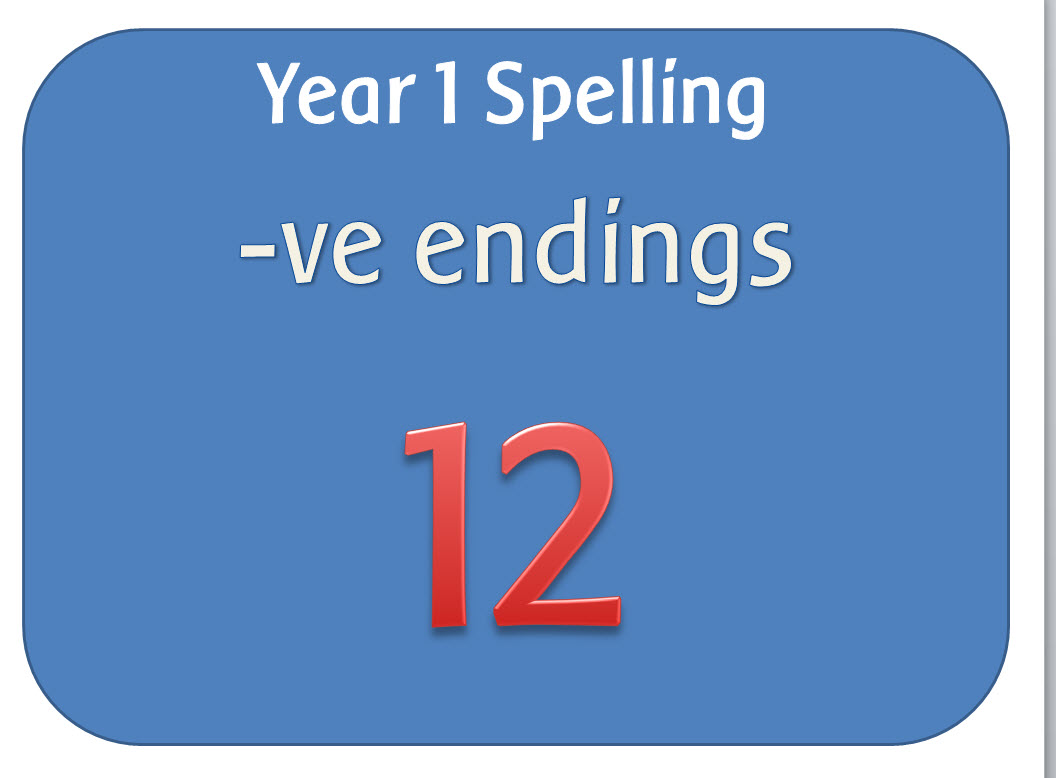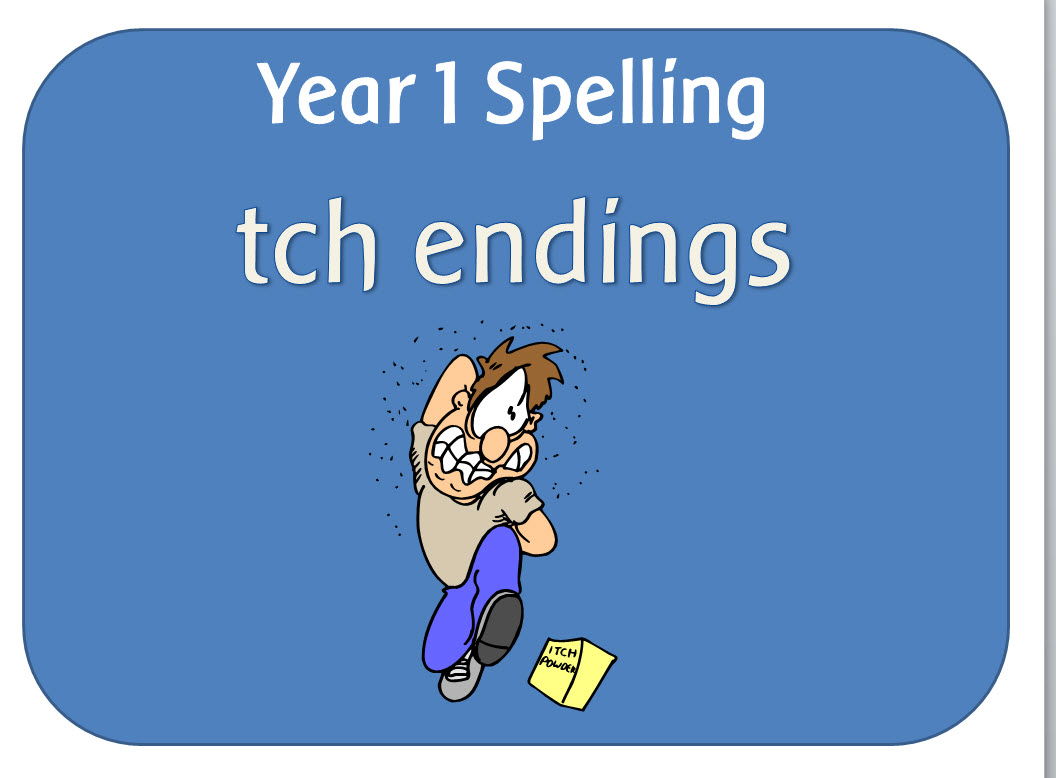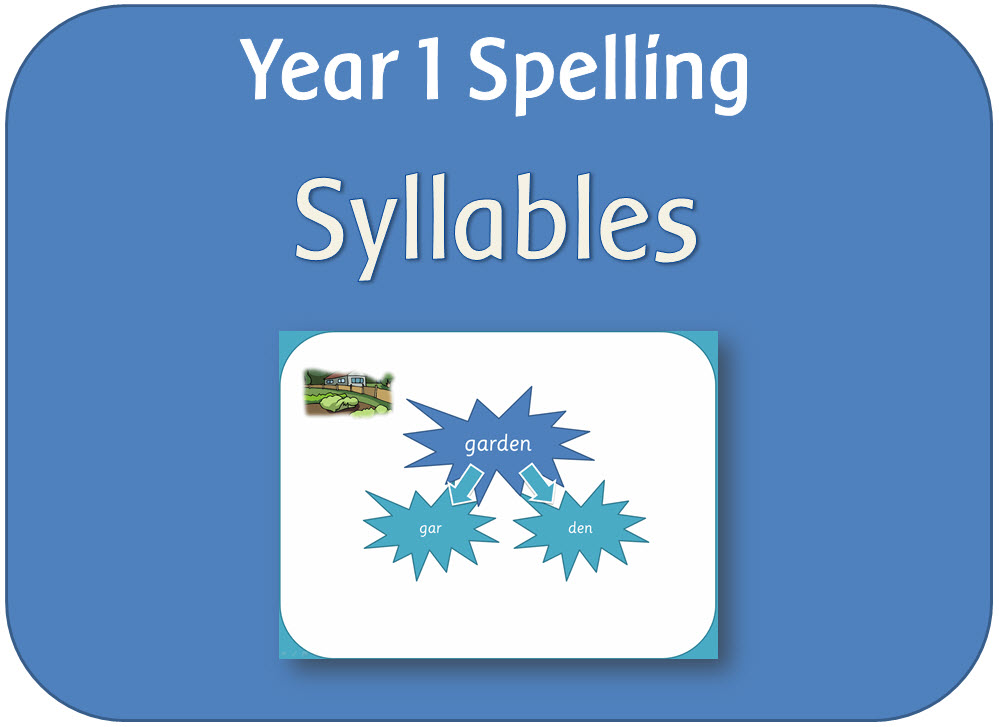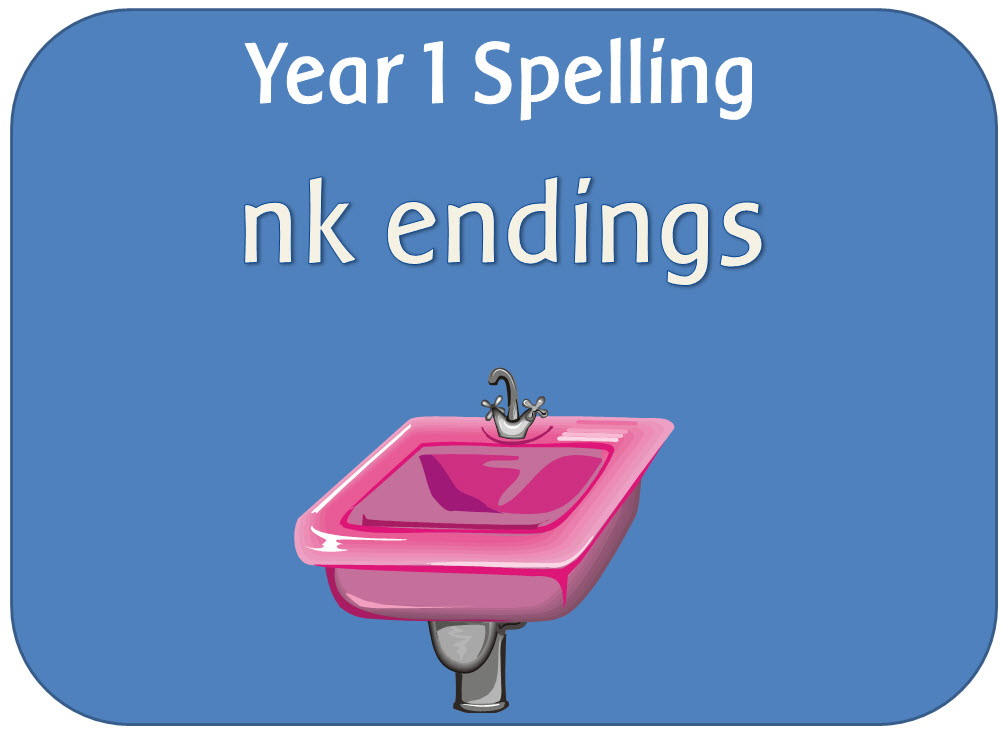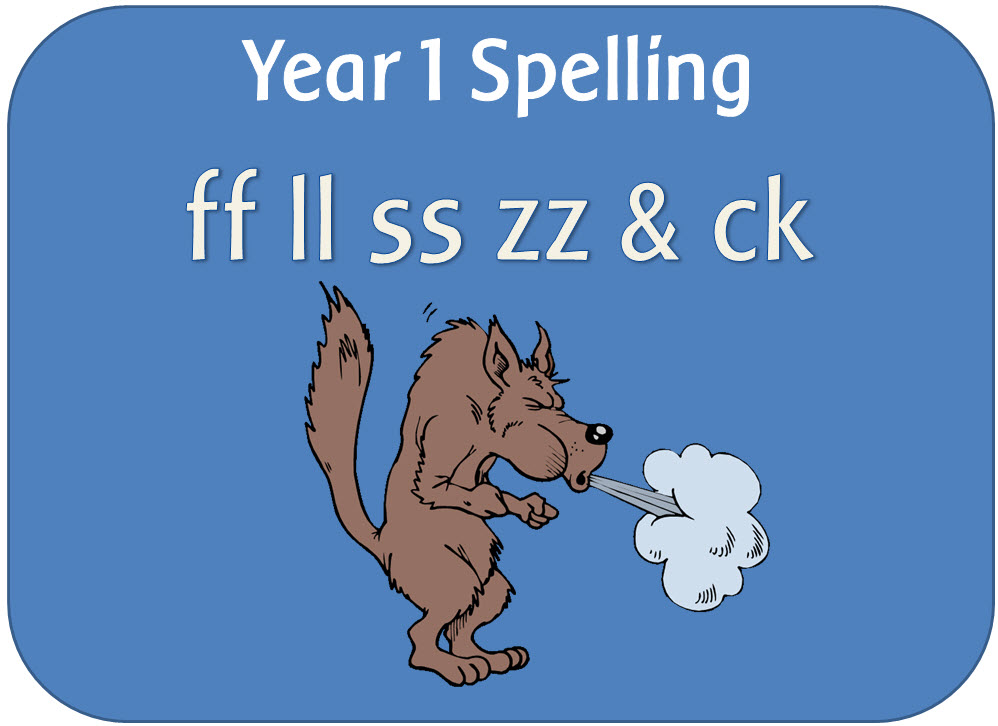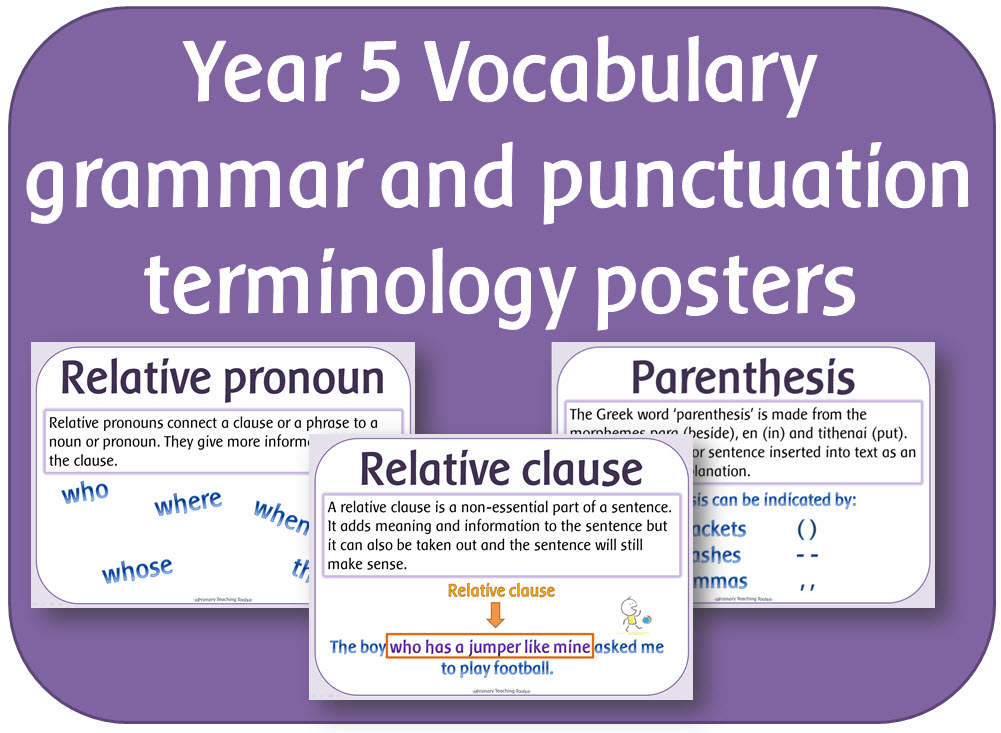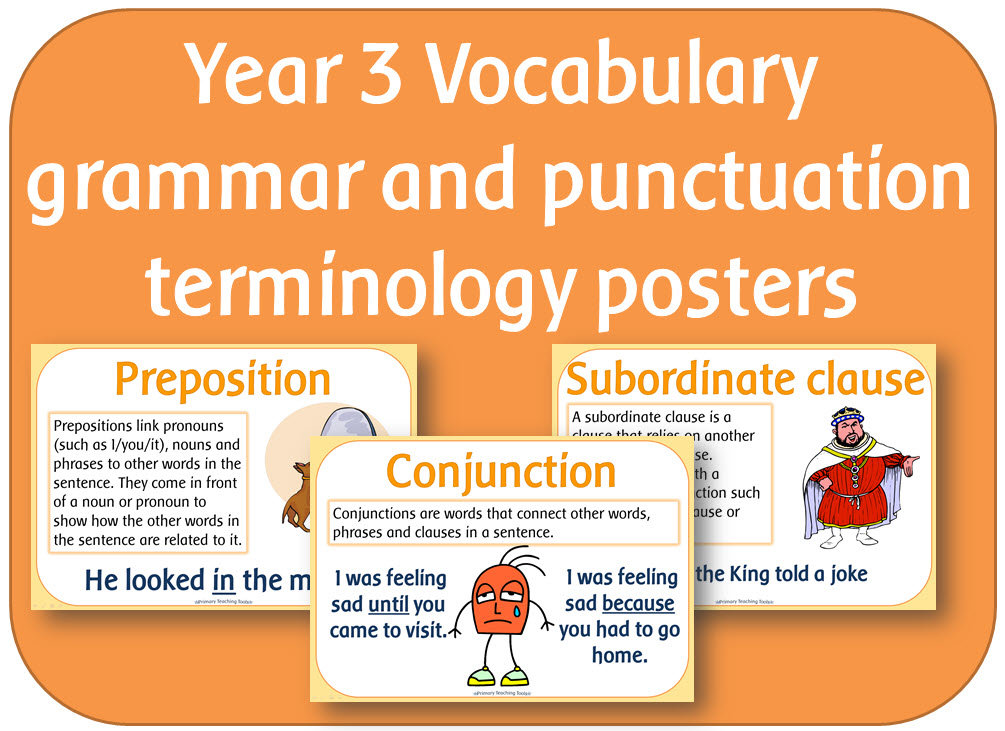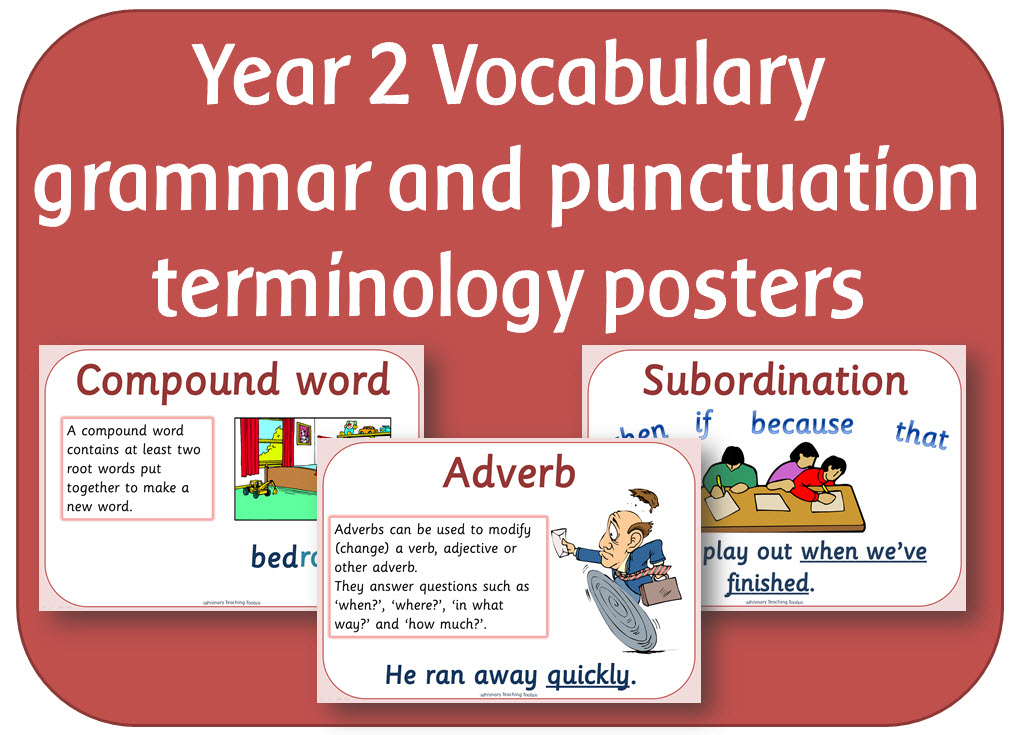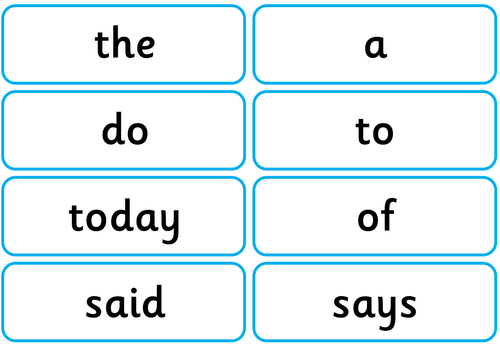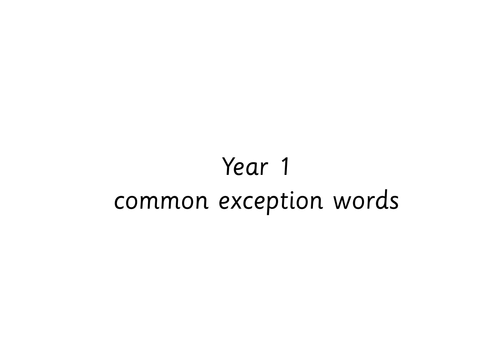
404Uploads
1067k+Views
681k+Downloads
All resources

SPaG Year 1 Spelling pack: Vowel digraphs and trigraphs set 3
This pack contains the last 11 digraphs/trigraphs in the spelling appendix.
POWERPOINTS:
All presentations are superhero-themed and contain a quiz with words containing the relevant grapheme. They can be used for both reading and spelling activities.
25. ie (i)
26. ie (aɪ)
27. igh
28. or
29. ore
30. aw
31. au
32. air
33. ear
34. ear (ɛə)
35. are

SPaG Year 1 Spelling pack: Vowel digraphs and trigraphs set 2
This pack contains the next 11 digraphs/trigraphs in the spelling appendix.
POWERPOINTS:
All presentations are superhero-themed and contain a quiz with words containing the relevant grapheme. They can be used for both reading and spelling activities.
14. ir
15. ur
16. oo
17. oo (ʊ)
18. oa
19. oe
20. ou
21. ow (aʊ)
22. ow
23. ue
24. ew

SPaG Year 1 Spelling pack: Vowel digraphs and trigraphs set 1
This pack contains the first 13 digraphs/trigraphs in the spelling appendix.
POWERPOINTS:
All presentations are superhero-themed and contain a quiz with words containing the relevant grapheme. They can be used for both reading and spelling activities.
1. ai or ay: Investigates the rule "The digraph ai is never used at the end of English words", ending with an interactive quiz.
2. oi or oy: Investigates the rule "The digraph oi is never used at the end of English words", ending with an interactive quiz.
3. Words with the split digraph a-e
4. Words with the split digraph e-e
5. Words with the split digraph i-e
6. Words with the split digraph o-e
7. Words with the split digraph u-e
8. ar
9. ee
10. ea (ee)
11. ea (e)
12. er (stressed sound)
13. er (unstressed schwa sound)

SPaG Year 1 Spelling pack: Adding er and est to adjectives
A set of resources to teach the guideline/rule in the Spelling Appendix:
if the adjective ends in two consonant letters (the same or different), the ending is simply added on.
POWERPOINTS:
Adding er and est for comparisons: Explains that er and est can be added to words for comparison and shows examples in a single word and in sentences. It ends with an activity for children to add er and est to words, then form sentences using the suffixes er and est.PDF:
PDF:
er and est sentences worksheet: A list of words to add er and est to, and space for the children to write sentences with them in.
er and est word cards: For games and activities.
WORD:
Outline adaptable plan

SPaG Year 1 Spelling pack: Adding the endings ing ed and er to verbs
A set of resources to teach the guideline/rule in the Spelling Appendix:
Adding the endings ing ed and er to verbs where no change is needed to the root word
POWERPOINTS:
Adding ing: Explains what a verb is and how ing can be added to verbs where no change in spelling is needed. Ends with an activity
Adding ed: Explains what a verb is and how adding ed changes the tense of the verb to the past tense. It ends with an activity
Adding er: Explains the effect of adding er to a verb and gives examples. Ends with an activity for the children to add er to verbs.
PDF:
Adding suffixes er ing ed: A list of words in a grid to add suffixes to.
Word wheel - Adding ed and ing: Verbs and suffixes for word building activities.
Word wheel - Adding ed, ing and er: Verbs and suffixes for word building activities.
WORD:
Outline adaptable plan

SPaG Year 1 Spelling: Adding s and es to words (plural of nouns and third person singular of verbs)
A set of resources to teach the guideline/rule in the Spelling Appendix: If the ending sounds like /s/ or /z/, it is spelt as –s. If the ending sounds like /ɪz/ and forms an extra syllable or ‘beat’ in the word, it is spelt as –es.
4 POWERPOINTS:
Introduction to regular plural noun suffixes: Explains what singular and plural is, and when to add s or es to nouns.
Regular suffix s and es sentences: Gives the spelling rule, if the ending sounds like /s/ or /z/, it is spelt as s. If the ending sounds like /ɪz/ and forms an extra syllable or ‘beat’ in the word, it is spelt as es. It gives examples of different types of words with these endings and ends with sentences for children to think of the missing plural word.
s or es quiz: Interactive quiz where the children have to choose between adding s or es.
ACTIVITIES:
Adding s or es worksheet: A list of words to make plural.
Show me cards - s or es
WORD:
Outline adaptable plan
List of words with plurals and verbs ending -es

SPaG Year 1 Spelling pack: Words ending ve
A set of resources to teach the guideline/rule in the Spelling Appendix:
English words hardly ever end with the letter v, so if a word ends with a /v/ sound, the letter e usually needs to be added after the ‘v’
POWERPOINT RESOURCES:
Words ending -ve: explains the spelling rule and gives examples of words for a class activity where the children can try to spell the words.
PDF:
Wordsearch: words ending ve
Worksheet: Jumbled up words to rearrange.
WORD:
-ve word list
Outline adaptable plan

SPaG Year 1 Spelling pack: The /tʃ/ sound spelt tch straight after a single vowel letter.
POWERPOINT RESOURCES:
Words ending tch: explains the spelling rule and gives examples of words for a class activity where the children can try to spell the words.
PDF:
Wordsearch: words containing tch
Worksheet: Jumbled up words to rearrange.
WORD:
Tch word list
Outline adaptable plan

SPaG Year 1 Spelling pack: Division of words into syllables
A set of resources to teach the guideline/rule in the Spelling Appendix:
Each syllable is like a ‘beat’ in the spoken word. Words of more than one syllable often have an unstressed syllable in which the vowel
POWERPOINT RESOURCES:
Introduction to syllables: An explanation of what syllables are and how to identify them in words. It gives several examples of words with more than one syllable with opportunities for children to spell them.
Syllable practice: Activity where the children can read a word, then write it by identifying how many syllables it contains, then check it.
WORKSHEETS:
Two syllable word worksheet: A grid for splitting up words into syllables as an aid to spelling.
Blank syllable word worksheet: As above, but the grid is left blank to insert words.
sound is unclear

SPaG Year 1 Spelling pack: The /ŋ/ sound spelt nk
A set of resources to teach children about the /ŋ/ sound spelt n before k.
The PowerPoint explains the spelling rule and gives examples of words for a class activity.
The worksheet contains jumbled up words that end in nk.

SPaG Year 1 Spelling pack: Sounds spelt ff, ll, ss, zz and ck
A set of resources to teach the spelling requirements for Y1:
The /f/, /l/, /s/, /z/ and /k/ sounds are usually spelt as ff, ll, ss, zz and ck if they come straight after a single vowel letter in short words.
The PowerPoint presentations explain each spelling rule and gives examples of words for a class activity.
The worksheets contain pictures and sentences with the relevant missing words for children to spell.
The word wheel contains the beginnings and endings of words for a group activity.
The word list contains a page-full of age-appropriate words.
The outline planning document in Word matches the activities with learning objectives and spelling rules and guidelines.

Year 6 Vocabulary grammar and punctuation terminology posters
A set of A4 posters to print and display.
They contain all the 'terminology for pupils' identified in Appendix 2 for Year 6:
Subject; Object; Active; Passive; Synonym; Antonym; Ellipsis; Ellipsis (punctuation mark); Hyphen; Colon; Semi-colon; Dash; Bullet points; Cohesive devices; Adverbials.

Year 5 Vocabulary grammar and punctuation terminology posters
They contain all the 'terminology for pupils' identified in Appendix 2 for Year 5:
Modal verb; Relative pronoun; Relative clause; Parenthesis; Cohesion; Ambiguity; Nouns; Adjectives; Verbs; Suffixes; Adverb; Adverbial.

Year 4 Vocabulary grammar and punctuation terminology posters
A set of A4 posters to print and display.
They contain all the 'terminology for pupils' identified in Appendix 2 for Year 4:
Determiner; Pronoun; Possessive pronoun; Adverb; Adverbial; Fronted adverbial; Plural; Verb inflections; Nouns; Possessive apostrophe; Sentence; Punctuation

Year 3 Vocabulary grammar and punctuation terminology posters
A set of A4 posters to print and display.
They contain all the 'terminology for pupils' identified in Appendix 2 for Year 3:
Adverb; Preposition; Conjunction; Word family; Prefix; Clause; Subordinate clause; Direct speech; Vowels; Consonants; Inverted commas/speech marks; Nouns; Present perfect; Punctuation

Year 2 Vocabulary grammar and punctuation terminology posters
A set of A4 posters to print and display.
They contain all the 'terminology for pupils' identified in Appendix 2 for Year 2:
Noun; Noun phrase; Statement; Question; Exclamation; Command; Compound word; Adjective; Verb; Suffix; Adverb; Tense; Apostrophe; Comma; Subordination; Co-ordination; Progressive; Sentence.

Year 1 Vocabulary grammar and punctuation terminology posters
A set of A4 posters to print and display.
They contain all the 'terminology for pupils' identified in Appendix 2 for Year 1:
Letter; Capital letter; Singular; Plural; Plural noun suffix; Word; Sentence; Punctuation; Full stop; Question Mark; Exclamation Mark; Suffix; Verbs; Adjective; Clause and Pronoun.

Phonics flashcards
A set of phonics display/flashcards to use in KS1.
There are 2 A5 cards on a page. Each card contains pictures and a list of words including the relevant common exception words for Year 1.
The first set contains the letters of the alphabet.
The second set contains the consonant digraphs and vowel digraphs and trigraphs in the Y1 Spelling appendix.
The third set contains extra graphemes identified in the Letters and Sounds phonics programme.




